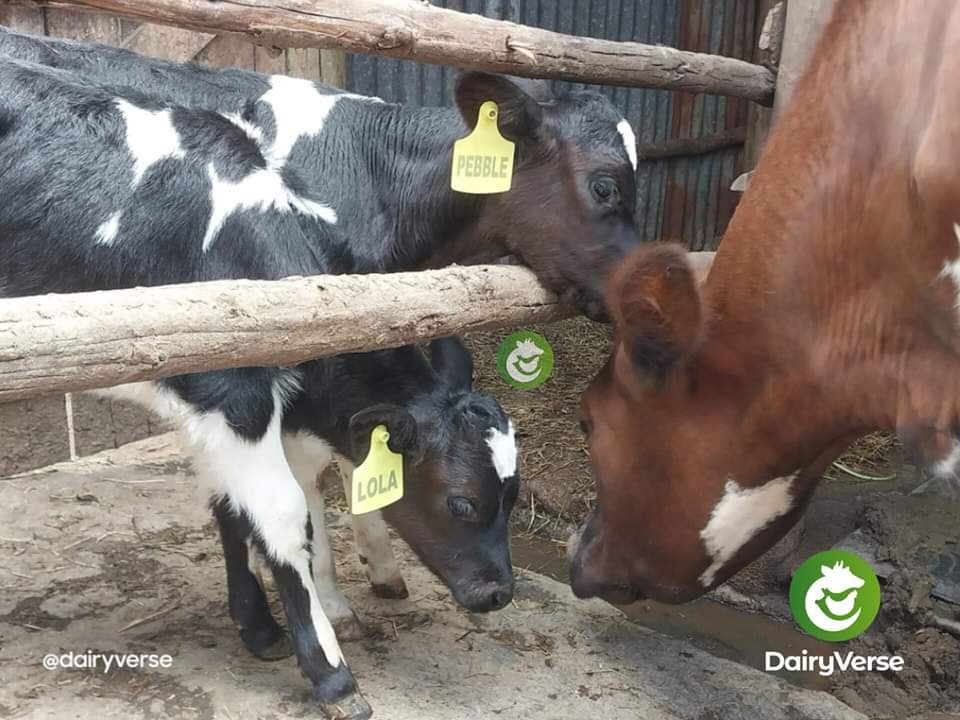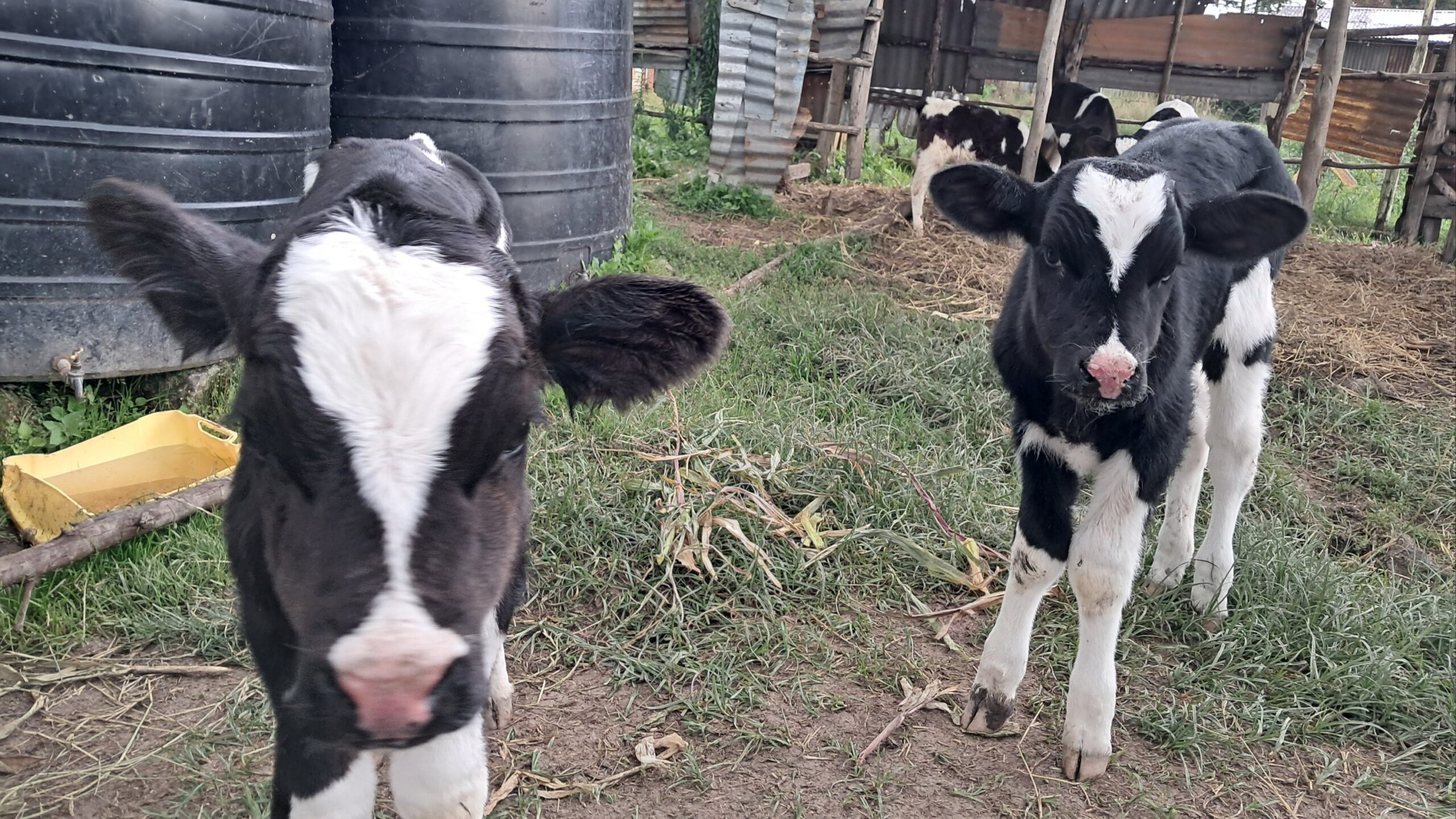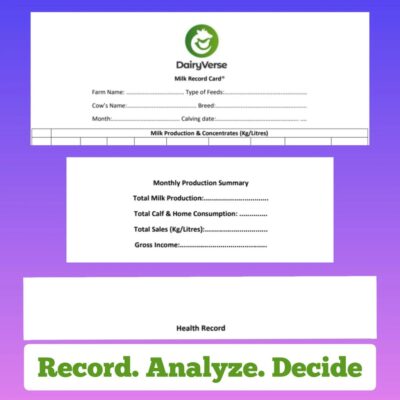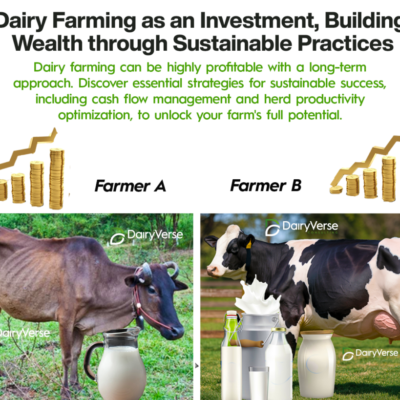Calf Rearing Guide
Original price was: KSh 1,000.00.KSh 499.00Current price is: KSh 499.00.
Free shipping on orders over $50!
- Satisfaction Guaranteed
- No Hassle Refunds
- Secure Payments
Description
Understanding Calf Growth from Birth to Adulthood
The growth of calves from birth to adulthood is a critical stage that significantly influences their overall productivity and health. Effective management during this period is paramount for ensuring optimal growth rates and development. Calves undergo several crucial stages during their early life, each requiring specific attention to nutrition, housing, and health management practices.
At birth, calves are typically reliant on colostrum, which is essential for transferring crucial antibodies and nutrients. The first few hours of life are vital; therefore, ensuring timely access to high-quality colostrum can greatly enhance their immunity and growth potential. After this initial stage, a well-balanced diet becomes imperative. A diet rich in energy, protein, vitamins, and minerals supports healthy weight gain and fosters immune strength. Formulated milk replacers, along with high-quality calf starter grains, can be introduced to complement their nutritional needs as they transition from milk.
Housing and environmental conditions play a significant role in a calf’s development. Providing clean, dry, and comfortable living spaces protects calves from stress and disease, promoting growth. Socialization is equally important as it encourages normal behavior, reduces the chances of aggressive interactions, and supports emotional well-being. Adequate weaning strategies should be implemented at around 6 to 8 weeks of age, ensuring that calves are consuming sufficient solid feed before making this transition.
Monitoring key growth milestones is crucial during this journey. Daily weight checks, assessing body condition, and observing feeding behaviors should be regular practices. Additionally, implementing health management techniques, such as vaccinations and parasite control, ensures that calves maintain robust health throughout their development. Focusing on these aspects not only enhances growth but also lays the foundation for a healthy, productive adult animal.
Addressing Basic Calf Diseases: Prevention and Treatment
Calf health is crucial for sustainable farming practices, as early diseases can hinder growth and productivity. Common calf diseases such as pneumonia, diarrhea, and various infections pose significant risks to calf well-being and farm profitability. It is essential to understand the symptoms, causes, and preventative measures associated with these ailments.
Pneumonia is one of the most prevalent diseases in young calves. Caused by environmental stressors and pathogens, it manifests through symptoms such as coughing, nasal discharge, and lethargy. Early recognition is vital; thus, farmers should monitor their calves closely for these signs. Providing a clean environment and ensuring proper ventilation can assist in preventing respiratory diseases.
Diarrhea, another widespread issue, can arise from bacterial, viral, or parasitic infections. Symptoms include frequent loose stools, dehydration, and poor appetite. The onset is often linked to housing conditions and stress levels. Maintaining cleanliness in calf housing and implementing a solid feeding schedule are effective preventive tactics. Moreover, administering appropriate vaccinations can fortify a calf’s immunity against common pathogens.
Implementing stringent biosecurity practices is paramount in reducing disease outbreaks. These practices entail limiting the introduction of new animals into the herd, regular cleaning of equipment, and ensuring all visitors follow hygiene protocols. Vaccination protocols tailored to the unique environment and disease exposure on each farm can drastically improve overall health and productivity.
In terms of treatment, timely consultation with a veterinarian is advisable when symptoms arise, especially for persistent or severe cases. Effective management strategies, including continuation of supportive care and administering the appropriate medications, are essential to aiding recovery. Knowing when to seek professional help ensures that calves receive the best care possible, enabling farmers to protect their investments and foster healthy livestock. By prioritizing disease prevention and proper treatment, farmers can cultivate a thriving calf population that contributes positively to overall productivity.





Reviews
There are no reviews yet.